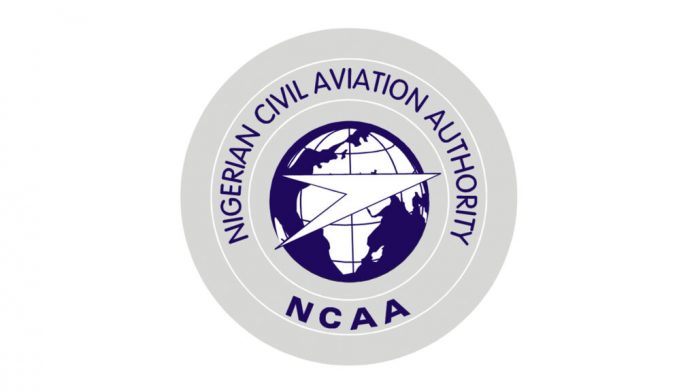The Nigerian Civil Aviation Authority (NCAA) has explained why the co-pilot of Air Peace was cleared to return to duty despite a Nigerian Safety Investigation Bureau (NSIB) report that raised concerns over drug and alcohol use among crew members.
The clarification follows an incident on June 13, when an Air Peace Boeing 737 veered off the runway at Port Harcourt International Airport after landing long from an unstabilised approach. Although no damage or injuries occurred, the NSIB’s preliminary findings revealed some crew members tested positive for banned substances—allegations the airline strongly disputed.
Speaking during an X Space session, NCAA’s Director of Public Affairs and Consumer Protection, Michael Achimugu, stressed that due process guided the decision. He said both the NCAA’s internal review and the NSIB report did not implicate the co-pilot, justifying his clearance.
“I learnt that the NCAA was being blamed for giving clearance to the first officer. But based on our findings and the NSIB’s preliminary report, the co-pilot was not found culpable. In fact, he advised the captain to go around, which the captain ignored. It would be unjust to ground someone for a year without evidence of wrongdoing,” Achimugu said.
He added that aviation regulations are continuously reviewed in light of real-world incidents, noting that the NCAA follows globally accepted post-incident protocols, including examinations at accredited testing facilities.
Achimugu also acknowledged unresolved issues requiring clarification from the NSIB, saying the NCAA’s Director General, Capt. Chris Najomo, is leading further investigations.
Industry observers, however, warned that inconsistent handling of such incidents could harm Nigeria’s aviation reputation internationally. They stressed that airlines and regulators alike must maintain the highest standards to safeguard trust in the system.













